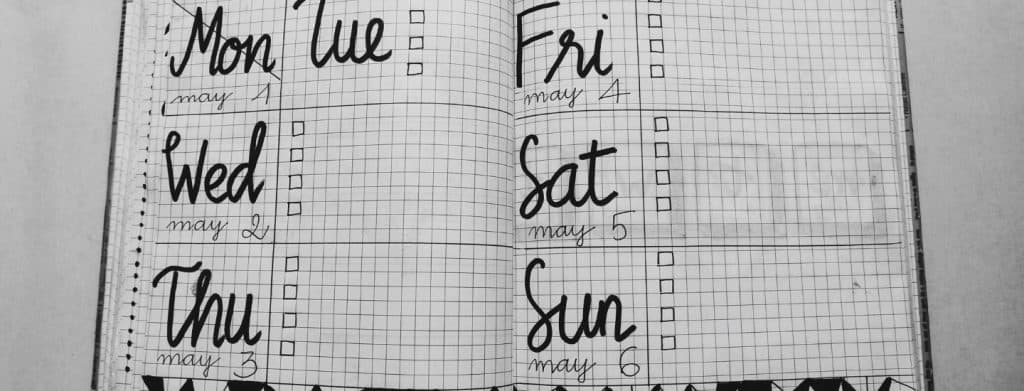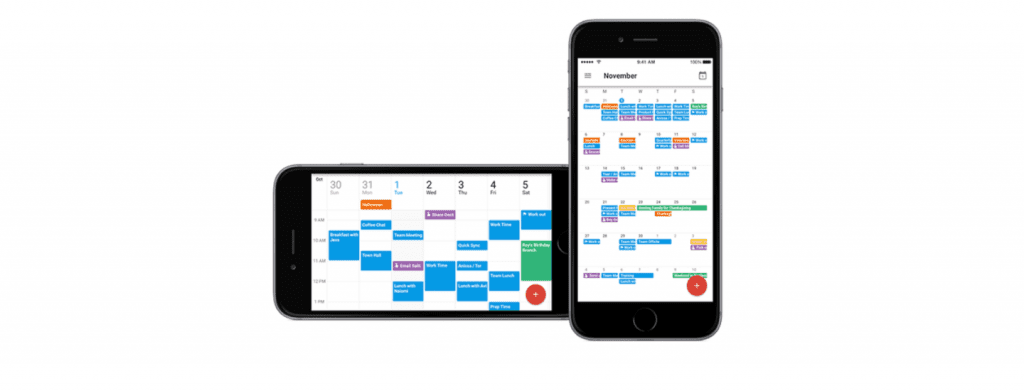Welcome to 2023! It’s the start of a new year and the start of a new university term and for some of you its the final push before graduation. While for others it’ll be the mission to just get this first year over with. Don’t worry most of us have been there! Here’s a few student revision tips to get you through to exam season.

Think big…
…and be visual! This is our number one revision tip. If you haven’t already got one, go out and get a wall planner and plot the entire term on it. I would look to include things like:
- Your assignments and when their due.
- What mock exams you have coming up.
- The dates of real exams.
- Any reading or revision weeks.
- Half-term dates.
- Include any activities you have planned both in and out of uni.
- Weekends at home.
Basically, I would look to include anything and everything to do with your academic and social life. Keep it top-level and simple though, the next step is where you bring in the details.

Break it down.
With the top-level done. Plan to take 30 minutes to an hour every Sunday evening and map out a plan for the week ahead. Make sure you keep it updated adding anything that crops up and removing things that you’ve completed. This can either be a written list on your noticeboard, a diary or if it were me, I’d just use your phone and plot your week in an app like Google Calendar.
Go into detail with the revision needed, the tasks that need to be accomplished that week include times and an overview of each task.
Even after all these years post-graduation, I still use Google Calendar, my entire life from evenings out to work visits are included in it. To be honest, I think Google Calendar is one of the most underrated apps out there. The app will automatically sync entries on your laptop, tablet, phone, and even better you can search for entries and set reminders.

The reminder option in the app works by allowing you to set notifications for minutes, hours, days and even weeks before. – You can even create multiple calendars, which display alongside each other so one for uni, one for life.
My top tips for preparing your weekly schedule:
- Review your list from the previous week and highlight anything that needs to be carried forward.
- Note down what lectures and tutorials you have each day (If you use an app you can set a recurring appointment for each of these).
- Highlight what revision you need to complete.
- Use your term planner and include everything that’s occurring that week and what tasks need to be completed that week.
- Include any library books that need to be returned or loans extended, there is nothing worse than getting to the week an assignment is due and that key textbook that you’ve been hoarding for weeks, is due to be returned and you can’t extend the loan.
If you want to take it further, you could even write a daily schedule – but using an app or diary you will already have this in the bag.

Prioritise your revision.
What’s the toughest module or assignment you have? Stick it on top of your list!
Now, it may sound a bit odd but basically, I’ve learnt that its best to get the toughest one out of the way, while you’re still fresh, and before your head is frazzled. With that complete you can then take on the remainder of your assignments or revision, feeling smug that the hardest one is done and dusted.

Book a time to revise and study.
When do you work best? In the morning, afternoon or are you a night owl? Plan your study time around what part of the day you work best at. Throughout the week set aside blocks of time where you can focus purely on your studies. 45mins to an hour are ideal, but longer or shorter are just as good, and it’ll depend on the subject and your ability to focus.
Don’t be afraid to get up and walk around, take study breaks within the time or grab yourself a snack or two.

Plan where you’ll study.
Where do you work best? In silence? With background noise? In a group?
Think about where you work best and stick to it. All our bedrooms include a large desk space. And free Wi-Fi and wired internet for you to study in the peace and quiet of your own bedroom.
Many of our locations include a dedicated study room, where you can get your work done in a more social environment, some of our locations even let you book these rooms out for group sessions, they make a perfect alternative to heading off to the university library to study. And let’s face it in the middle of Winter who wants to head out to the library in the dark and cold winter nights!?
Hopefully, those simple ideas will help you get to grips and plan out your uni : life balance!
How do you revise? Let us know on our Facebook page.










